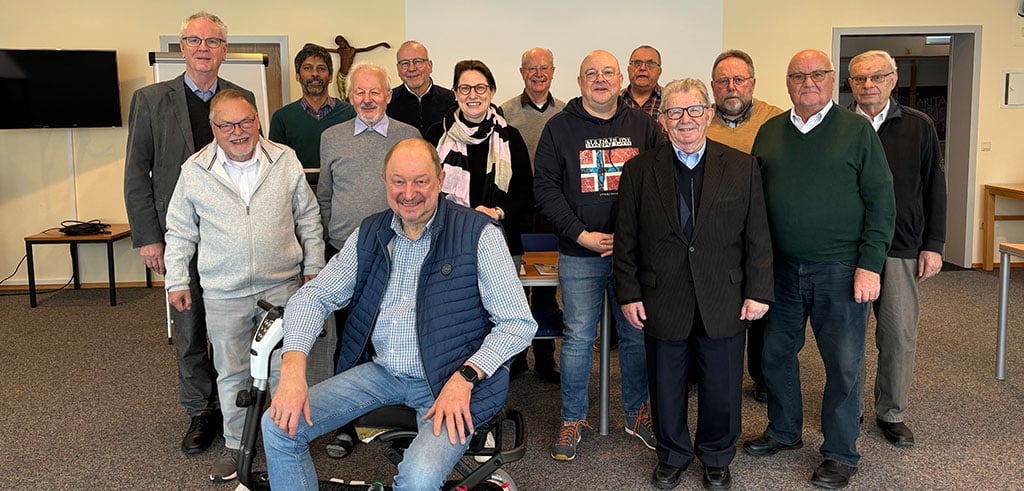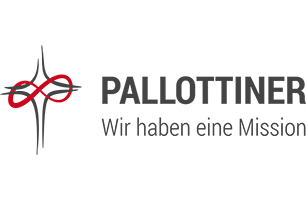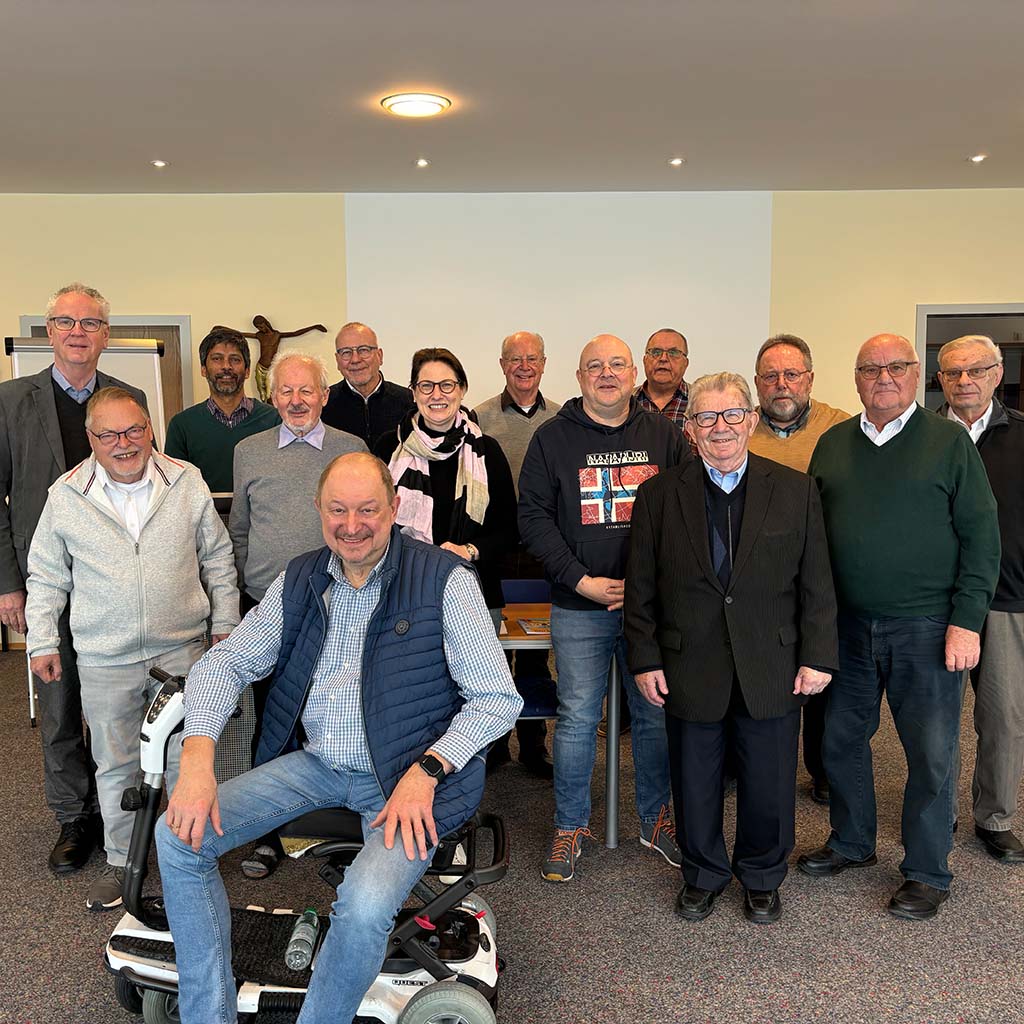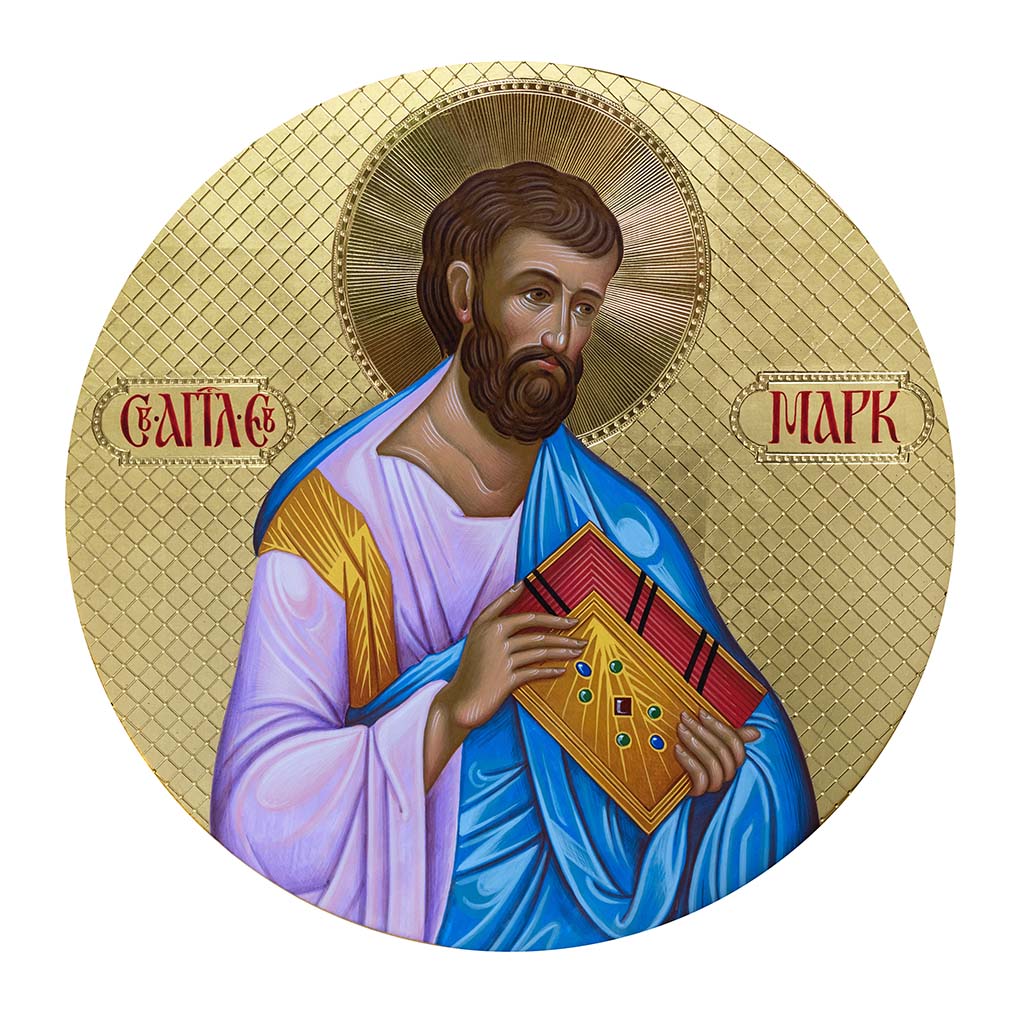Experiencing God in everyday life
Pastoral formation programme dedicated entirely to the Gospel of Mark
It is rare, even in the life of a priest, to have the entire Gospel of Mark read to you in one sitting. It took 90 minutes, i.e. as long as a crime thriller lasts on TV in the evening, as Dr Sandra Huebenthal, Professor of Exegesis and Biblical Theology at the University of Passau, describes it. This is what happened during the training course for Pallottine pastoral workers at the Pastoral Theological Institute (PthI).
The course for pastoral workers, entitled “Do you understand what you are reading?”, focused on the Word of God to be proclaimed to people. The question was raised as to how we can come into contact with the Word and resonate with it in order to transfer it to everyday life for proclamation. 13 participants set out to find inspiration for their own pastoral work on the basis of the Gospel of Mark.
After the reading, they began to collect their impressions: What do you notice when you hear the text at once? “There is an arc in this text, as well as certain motifs and a message,” explains course leader Sandra Huebenthal. “For example, if you were to end the reading with the women’s flight from the tomb in Mark 16:8, you’d get the impression that it can’t end like that,” she says.
The structure of the text therefore aims to move people to continue the message. “The beginning of the Gospel needs a continuation,” says Sandra Huebenthal. And she stresses: Mark refers to the encounter with the risen Lord in everyday life. That is why there is no Ascension.
Biblical basis for pastoral care
Professor Huebenthal chose this text for the training course not only because she was involved in a research project on the Gospel of Mark from 2010 to 2013, but also because she believes that Mark contains everything that the other evangelists formulate. And this biblical basis is important for pastoral care. As with Mark, it is about having religious experiences in everyday life. And this experience is: “God is here”.
In this way, the woman who takes Jesus by the cloak experiences divine power, the blind man experiences that Jesus’ touch makes him see, and Peter’s mother-in-law experiences that Jesus takes her by the hand and heals her. At the same time, failure is portrayed as a human experience, says Professor Huebenthal. “The disciples are first-class failures. But Jesus does not stop at failure or sickness. Rather, he quickly brings about a turning point and helps to change direction.

Going home richly blessed
The fact that the Gospel was read in one go certainly made an impression on the participants. It was tedious, but very interesting, said Father Eugen Stephan. And Fr Bernhard Weis was fascinated by the holistic view of the text. He also realised how important it is to recite the Gospels well, with pauses for breath and changes of tempo. Father Herman Weißinger found it good to listen to the details of a text and to learn about the background. He found that he could express himself more clearly in the pastoral care and explain things better. And Father Alexander Holzbach praised it: “I learned a lot of new things and got to know other aspects”.
This kind of group work with priests and brothers from a religious community is an enriching experience for the professor herself. Compared to her students at the university, the participants already have a lot of experience. This leads to interesting conversations about faith. “And I usually go home enriched,” she says.
Report and photo: Alexander Schweda
Picture (Evangelist Mark): maxsyd adobe stock
About the person:
Sandra Huebenthal studied philosophy and theology at the Philosophisch-Theologische Hochschule Sankt Georgen (PTH Sankt Georgen) in Frankfurt am Main from 1994 to 1999. From 1997 to 2000 she studied Jewish Studies at the Johann Wolfgang Goethe University in Frankfurt am Main. From 1999 to 2005 she completed her doctorate in New Testament Exegesis at the PTH Sankt Georgen. From 2006 to 2008 she was a religion teacher at the Ludwig-Erhard-Schule in Frankfurt-Unterliederbach. In 2007 she took up a teaching and research position in Biblical Theology at the RWTH Aachen University. This was followed by a DFG research project on the Gospel of Mark from 2010 to 2013. In 2013 she habilitated and received the Venia Legendi for New Testament Studies. In 2015 she was appointed Professor of Exegesis and Biblical Theology at the University of Passau.
The whole Gospel of Mark in one go
The Gospel of Mark
lasts like a “thriller in the evening” even if you read it yourself.
The Bible in a standardised german translation
Link to the University of Innsbruck
Share this post…
Recommended












